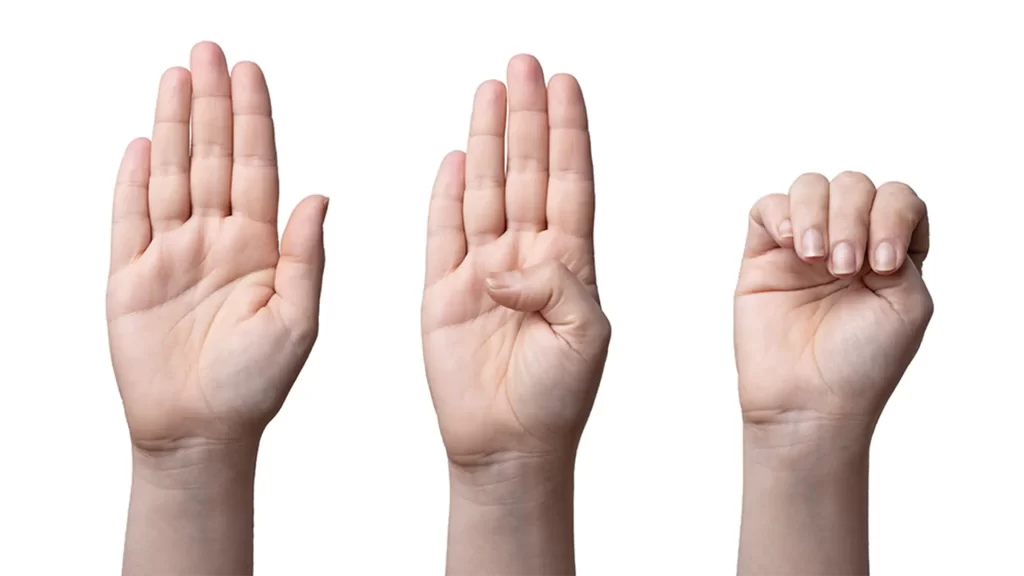The entertainment world has been shocked after Alicia Villarreal’s recent appearance at a concert in Zitácuaro, Michoacán, where at the end of her performance she performed a universal distress signal used by victims of gender violence. This gesture, which consists of raising her hand, crossing her thumb over her palm and closing the rest of her fingers over it, has generated a wave of concern among her followers and the general public.
Context of the situation
Villarreal’s distress signal did not go unnoticed, especially after reports indicating that the singer has filed a legal complaint against her husband, Cruz Martínez, for alleged domestic violence. According to reports from different media and journalists, the singer was taken to a hospital in Monterrey after an alleged altercation with Martinez, to whom she has been married for more than two decades and has two children.
Villarreal’s gesture, captured and shared on social networks by her producer Hugo Mejuto, has fueled speculation about the artist’s personal situation. While neither the singer nor her team have issued official statements on the matter, the realization of this signal in a public setting reinforces the concern for her well-being and safety.
The importance of recognizing the distress signal

The gender-based violence distress signal became popular worldwide during the COVID-19 pandemic, when victims of violence found themselves in isolated situations with their aggressors. This signal was created to allow people to call for help discreetly and safely in environments where speaking or seeking help directly could pose a risk to their safety.
Recognizing this signal is critical, as it may be the only way a victim can communicate their dangerous situation. If a person witnesses this gesture, it is advisable to act with caution so as not to put the victim at risk. Recommended actions include:
- Do not react immediately or alarmingly to the aggressor if present.
- Try to establish subsequent contact with the victim in a safe environment.
- Call the authorities or an emergency hotline to report the situation.
- Provide support and accompaniment if the victim requests it.
Gender violence and the role of society
Alicia Villarreal’s case is a reminder of the serious problem of gender-based violence faced by thousands of women around the world. The visibility of these cases in public figures contributes to the conversation about the importance of reporting and supporting those who experience violence. However, it is also crucial that as a society we foster a culture of prevention, protection and education on this issue.
In Mexico, there are several hotlines for women in situations of violence, such as the National Hotline against Gender Violence (800 911 2000). Providing information and support to those who need it can make a big difference in the lives of many people.
Conclusion
The case of Alicia Villarreal puts at the center of the debate the importance of recognizing the signs of distress and acting appropriately in these cases. Beyond rumors and speculation, it is essential that this event serves to reinforce social awareness of gender-based violence and the need to protect those who suffer from it. The safety and well-being of victims must always be the priority, and it is everyone’s task to contribute to an environment where no one has to resort to a distress signal to ask for help.






































Leave a Reply